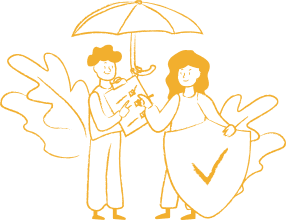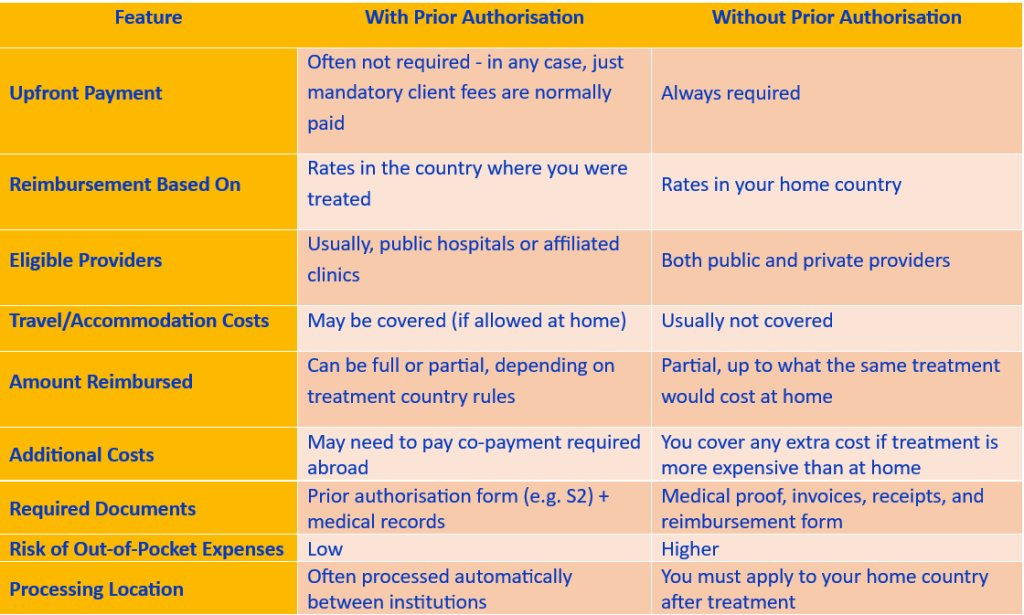RightHealthcareEU is a service by Lawcrosse. Sitemap.
Subscribe to the newsletter and stay ahead of information on access to healthcare across the EU.


➡️ Hide Feed





